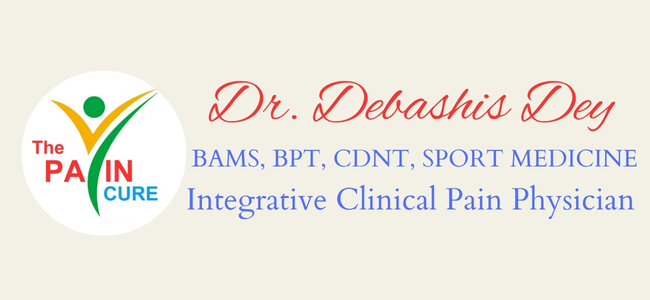NEUROLOGICAL REHABILITATION
OVERVIEW of NEUROLOGICAL REHABILITATION
Neurological rehabilitation is designed to help treat patients with nervous system or neurological diseases. Rehabilitation aims to increase function, reduce debilitating symptoms, and improve a patient’s quality of life. The types of rehabilitation treatments recommended depend on the areas of the body affected by the neurological condition.
Symptoms of NEUROLOGICAL REHABILITATION
Any patient with a neurological condition may be referred for rehabilitation through a prescription or order provided by a doctor.
Symptoms that may prompt the need for neurological rehabilitation include:
- Muscle weakness
- and abnormal muscle tone
- Pain
- Difficulty walking
- Difficulty with daily
- activities such as eating, dressing, bathing, toileting
- Difficulty swallowing
- Difficulty speaking
- Impairments in thinking, memory and problem solving
- Impairments in vision or eye-hand coordination
Patients who benefit from Neurological Rehabilitation:
- Amyotrophic Lateral
- Sclerosis (ALS)
- Aneurysm
- Brain Injury
- Brain Tumor
- Charcot-Marie-Tooth (CMT)
- Cerebral Hemorrhage
- Congenital Neurological
- Disorders
- Diabetic Neuropathy
- Dystonia
- Encephalitis
- Epilepsy
- Herniated Disc
- Meningitis
- Memory Disorders
- Movement Disorders
- Multiple Sclerosis
- Muscular Dystrophy
- Neurofibromatosis
- Neuromuscular Disorders
- Parkinson’s Disease
- Stroke
- Spinal Cord Injury
